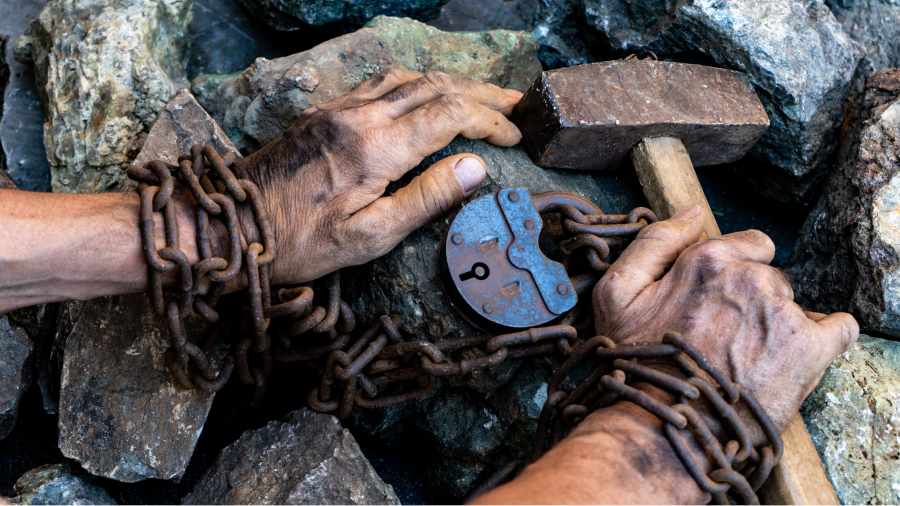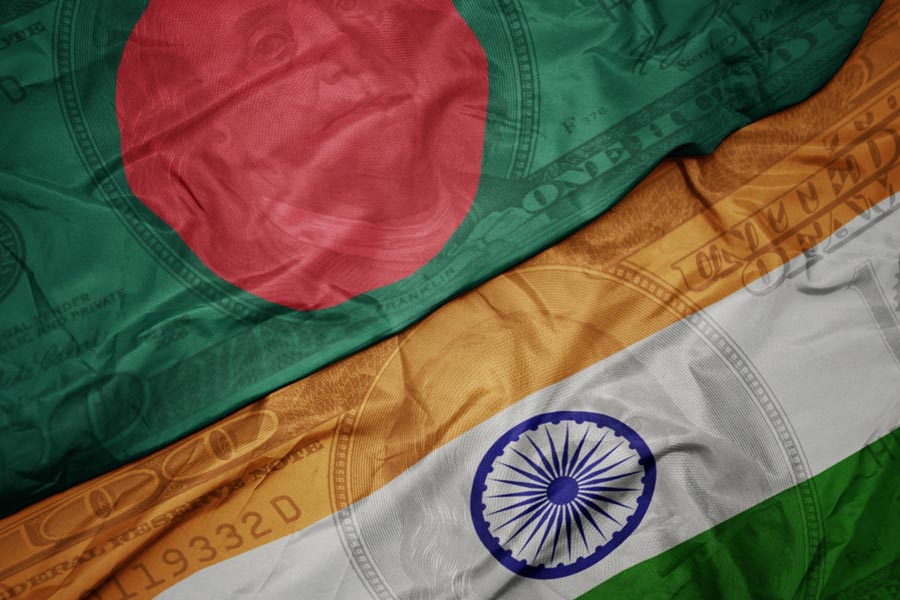Manifestations of what is understood to be premodern can be surprisingly enduring. For instance, slavery, albeit in its modern form, has proven to be resilient. A report titled Global Estimates of Modern Slavery compiled by, among other institutions, the International Labour Organisation has revealed that 50 million people — one out of every 150 citizens — are trapped in contemporary forms of slavery. The two most common forms of this phenomenon are forced labour and forced marriage. The former accounts for 27.6 million victims, out of whom 3.3 million are children. Two-thirds of women — 22 million people — are trapped in exploitative marital arrangements; many of these women are minors. Worse, according to the estimates, the numbers have risen by almost 10 million from five years ago. The picture would undoubtedly have been grimmer if the report took into consideration the working conditions prevailing in, say, Africa or Southeast Asia’s informal labour market. The causes for these astonishing numbers have been determined. Festering conflicts, climate change as well as public health emergencies have led to these exponential numbers. The coronavirus pandemic, for instance, led to severe economic disruptions which, in turn, spiked poverty and, consequently, forced labour. Again, armed conflicts augment trafficking in labour, while climate change, which has facilitated massive displacements, has added to the existing vulnerabilities. The report does throw some new light. For instance, the free, richer world — high income earning nations — has the highest concentration of forced labour.
What is evident is that slavery remains contingent upon economic, social and environmental conditions. Therefore, deterrents need to focus on the intersections of these realms. Piecemeal policy action on any one of these spheres will not work. Global efforts to reduce poverty, reduction of embedded inequality, greater divestment of energy in battling climate change as well as the bolstering of, in the ILO’s opinion, trade union activities may stymie the aggravation of the malaise. There remains one more formidable challenge: politics. One of the reasons for slavery’s persistence is the lip-service provided by the welfare State on the dignity and the rights of all human beings. A lot has been said, including the framing of lofty charters. Now it is time to do something about it. But the ascendant political Right, given its inherent antipathy to migrants, labourers and women, may prove to be an impediment.











